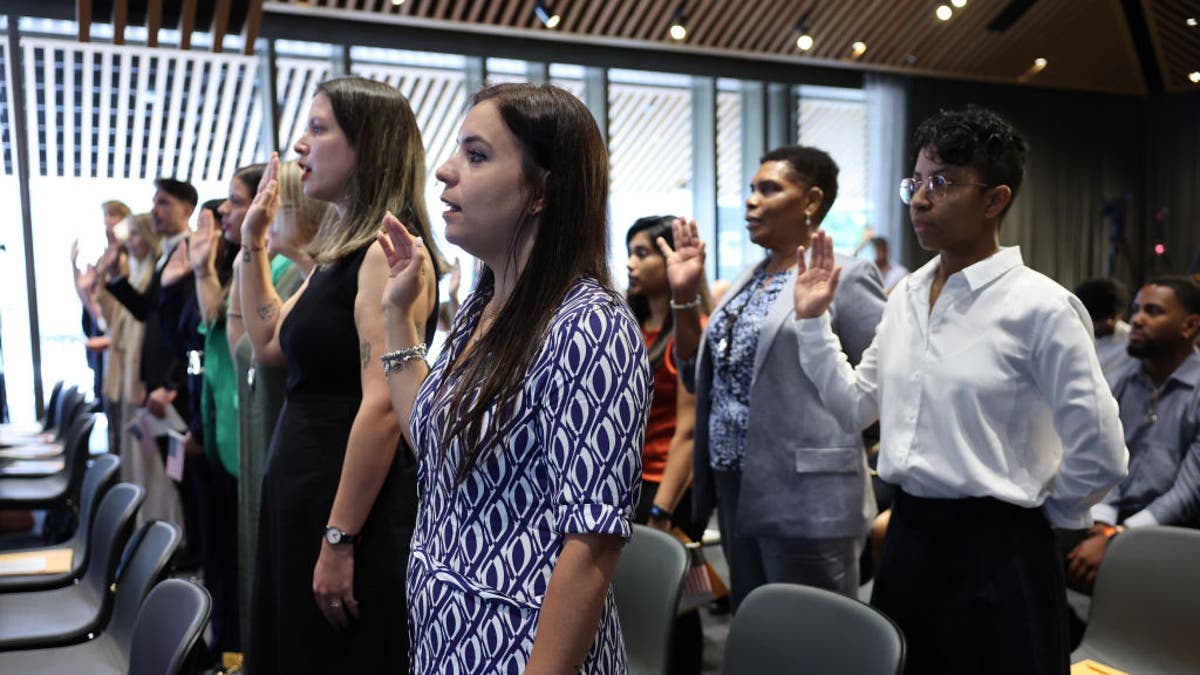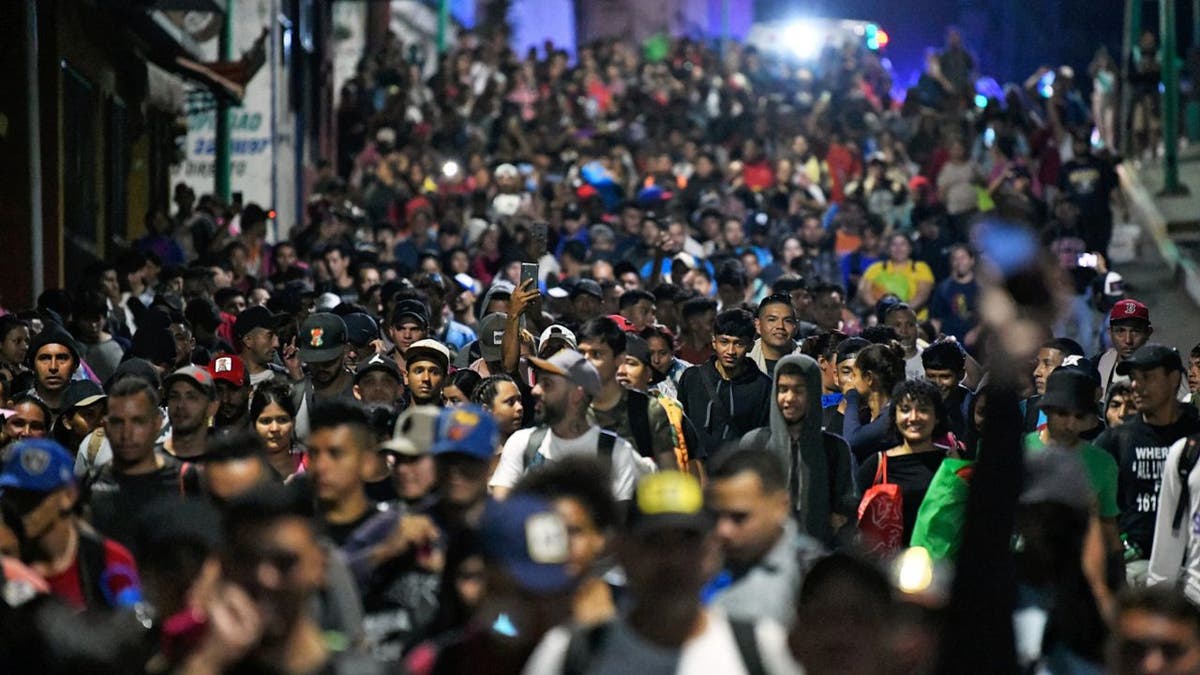Former President Trump's executive order concerning birthright citizenship sparked significant debate and controversy. The order aimed to prevent federal agencies from issuing citizenship documents to children born in the U.S. if neither parent is a citizen or lawful permanent resident. Critics immediately labeled the order unconstitutional, leading to legal challenges such as the temporary injunction issued by a federal judge in Seattle. However, proponents argue that the policy aligns with the original intent of the 14th Amendment.
The crux of the debate revolves around the interpretation of the 14th Amendment's citizenship clause. The amendment doesn't grant citizenship to everyone born in the U.S. Instead, it specifies that citizenship applies to those "born or naturalized in the United States and subject to the jurisdiction thereof." This second phrase, "subject to the jurisdiction thereof," is central to the disagreement.

Historically, the understanding of "subject to the jurisdiction thereof" meant owing political allegiance solely to the United States. Children born to foreign nationals on U.S. soil were considered citizens of their parents' country of origin. This interpretation was upheld in early Supreme Court cases like the Slaughter-House cases (1872) and Elk v. Wilkins (1884). These cases excluded children of foreign officials and Native Americans, respectively, from birthright citizenship.
The case often cited by supporters of universal birthright citizenship, U.S. v. Wong Kim Ark (1898), affirmed citizenship for children born to lawful permanent residents. However, this case addressed a specific situation involving racially discriminatory laws, mirroring the circumstances the 14th Amendment was designed to rectify.

Proponents of Trump's order argue that it is not an attempt to abolish birthright citizenship but rather a correction of a misinterpretation of the 14th Amendment. They contend that the executive order aims to align current policy with the original intent of the amendment by limiting birthright citizenship to those truly subject to U.S. jurisdiction.

The debate over birthright citizenship remains complex and contentious, involving differing interpretations of constitutional law and historical context. While the Supreme Court hasn't definitively ruled on the precise issue raised by Trump's executive order, the legal arguments surrounding the 14th Amendment's citizenship clause continue to fuel the discussion.
Comments(0)
Top Comments